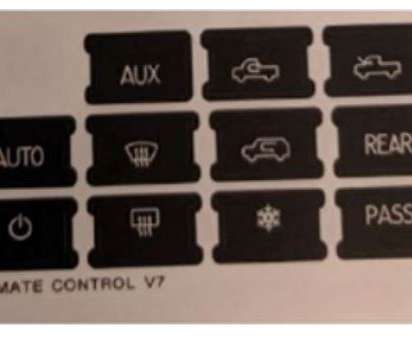Tacos with a Side of Cease and Desist
IPilogue
FEBRUARY 1, 2023
Controversy ensued when a Mexican food restaurant in the UK, Taquería, issued a cease and desist letter to a similar restaurant, Sonora Taquería, for infringement of their registered mark “Taqueria.” Presumably, when it was granted in 2004, the mark was not considered generic or descriptive.











Let's personalize your content